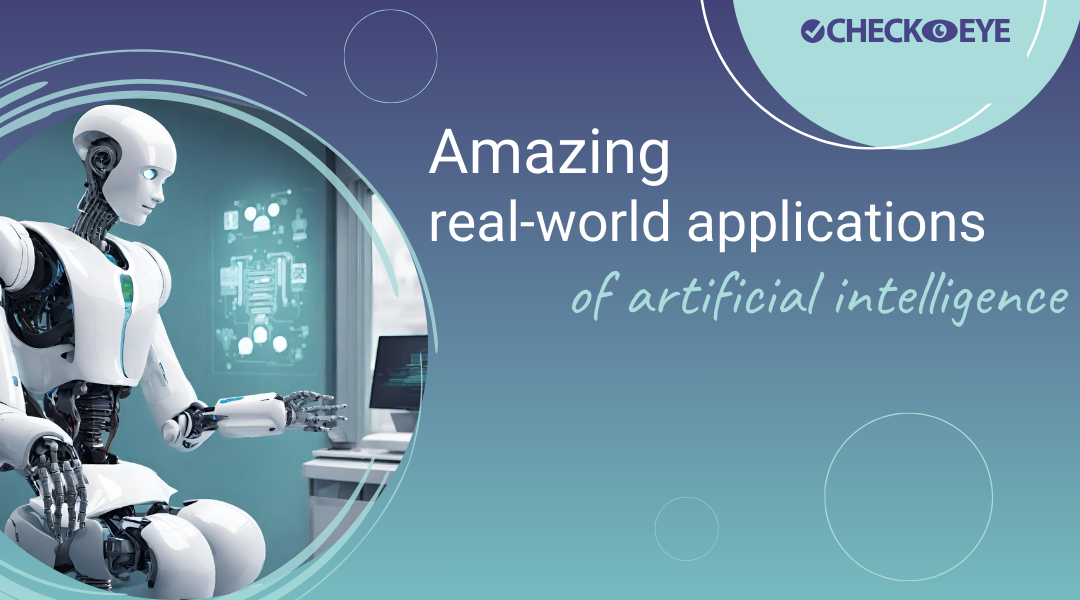Artificial Intelligence, or AI, has long transcended the realm of science fiction and become an integral part of our everyday lives. We are familiar with its roles in areas such as autonomous cars and voice assistants, but there are numerous lesser-known facts about the world of AI that both astonish and inspire new discoveries.
Space: Artificial Intelligence aids in exploring the far reaches of the universe. Space agencies employ machine learning algorithms to analyze data from space telescopes and formulate hypotheses about the origin and structure of the cosmos. This deepens our understanding of space and stars.
For instance, NASA uses artificial intelligence to analyze data from space telescopes, identifying and classifying new galaxies and stars, thereby expanding our knowledge of cosmic objects.
Art. AI isn’t limited to problem-solving; it can create art as well. Many artists utilize machine learning algorithms to generate unique works of art. The results of these experiments often turn into true masterpieces.
For example, the “Portrait of Edmond de Belamy,” created using AI, was sold at an auction for over $432,000.
Medicine. AI assists in rehabilitating patients after injuries and surgeries. Specialized robots with artificial intelligence provide physical therapy and help patients regain mobility. This represents a crucial advancement in the field of medical rehabilitation.
For instance, AI-powered therapy robots can aid stroke patients in regaining lost skills and returning to an active life.
New Materials.AI is employed in the research of new materials and compositions. This can lead to the development of more efficient and environmentally friendly materials for use in various industries, including manufacturing and construction.
For example, artificial intelligence is used to simulate the molecular structures of materials, aiding researchers in creating new super-strong and lightweight materials.
Ocean Exploration. Interestingly, AI also finds application in ocean exploration. Autonomous underwater vehicles equipped with AI conduct research in the depths of the ocean, helping us expand our knowledge of the underwater world.
For instance, AI-equipped autonomous underwater drones can explore and monitor ocean ecosystems, providing new data about marine life and climate changes. These lesser-known facts about the world of artificial intelligence underscore its diversity and potential to change our lives. Scientific discoveries and developments continue to amaze us, and AI remains one of the most captivating fields of modern science and technology.

